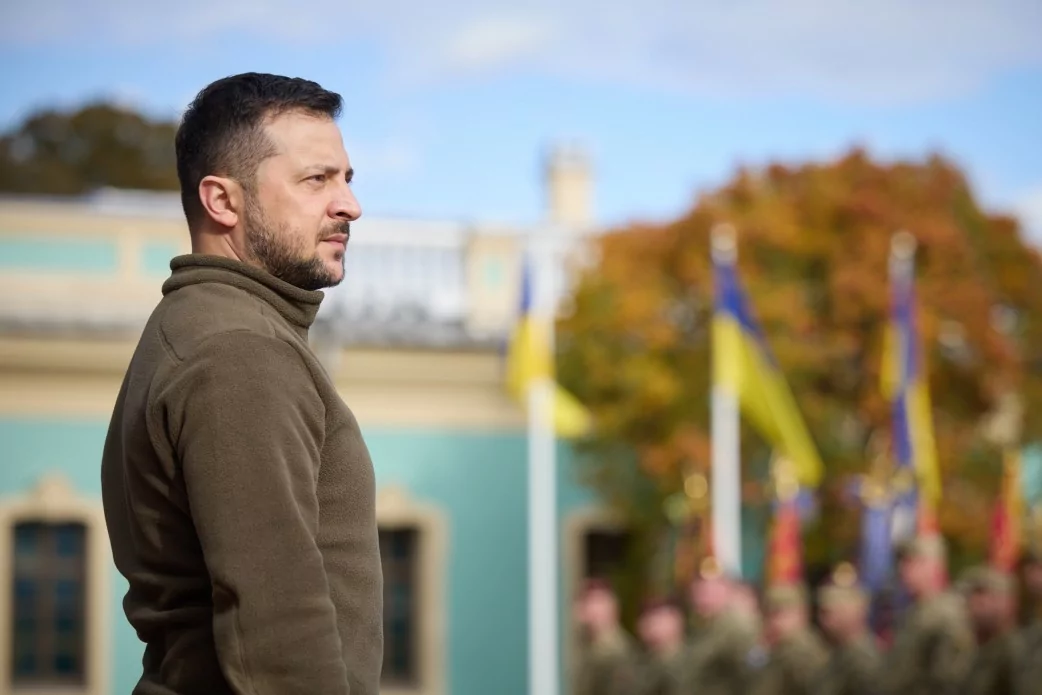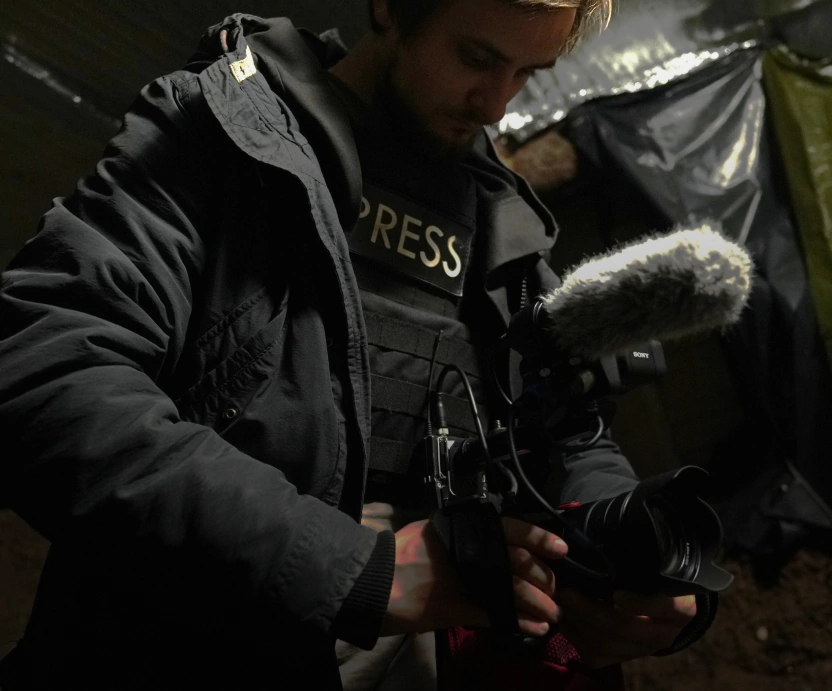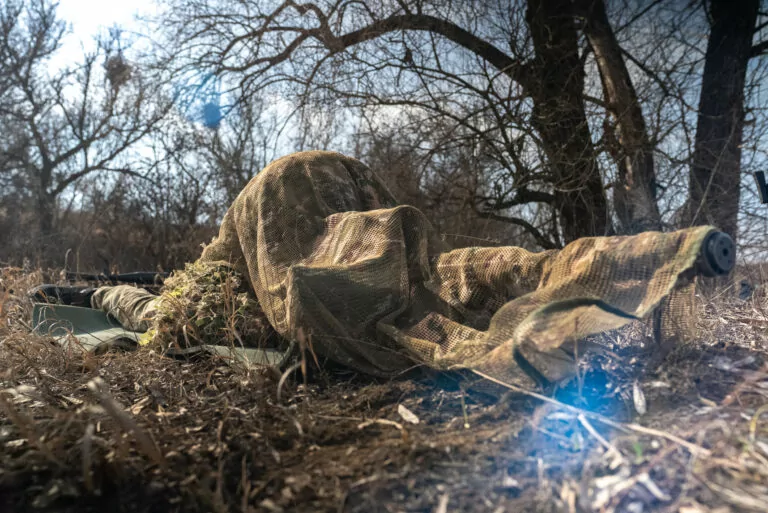In his interview with Natalia Moseichuk, Volodymyr Zelenskyy suggested equating corruption to treason for the duration of martial law. He said he’ll submit the draft bill outlining this idea to the parliament in the upcoming weeks.
“I understand that such a weapon can’t work in society forever. But, for the duration of martial law, I think it will help,” said Zelenskyy.
“I don’t know if the legislators will support this [law], but I will definitely suggest it. Because we’re a democratic society, and it’s important not to tighten the screws and react to one or another laud case [of corruption], but to introduce a systemic approach.”
Volodymyr Zelenskiy, in the interview with Natalia Moseichuk
Ukrainians believe corruption is one of the main problems during the war. 94% of respondents of the poll conducted by Pact and SACCI this summer believe corruption is very widespread across Ukraine – and most think that the corruption levels have grown since the beginning of the full-scale war. More than half of the respondents (53%) think that corruption can’t be excused.
Corruption cases in Kharkiv and Kharkiv oblast during full-scale invasion
Since the beginning of the full-scale invasion, several corruption scandals have happened in Kharkiv.
In July 2023, Security Services of Ukraine uncovered corruption in the Kharkiv regional department of the Ukrainian Railways company. Two employees took old rails for repair and used the new ones for unofficial commercial orders. According to the SSU, such activity was threatening military equipment supply chains to the frontline. The SSU reports that, under this scheme, these employees received ₴1,2 million.
During the investigation, Kharkiv Anti-Corruption Centre journalists revealed that the Department of Innovative Development and Image Projects of the Department for Family, Youth and Sports of Kharkiv City Council signed multiple deals costing ₴6,6 million for seminars, training, educational programs, and image projects from 2022 to 2023. For instance, one of the projects the department had invested in was an innovative graphics and NFT project. The department also made a ₴2.6 million deal for developing software for UAVs. After their report was published, Kharkiv City Council conducted their own audit of the department, liquidated it, and fired the department director, Victoria Hretska-Myrhorodska.
A recent case is a deal that a state-owned enterprise, Kharkivenergozbut, made with Kharkiv Frunze Plant, for a purchase of a minibus for ₴2,32 million. Such a model costs ₴1.97-₴1.98 in car dealers’ shops, which is 17% cheaper than the sum of the deal, writes Nashi Groshi. Frunze Plant was the only participant in the open tender. Gwara Media journalists contacted Denys Ponomariov, a spokesperson for Kharkivenergozbut, whose contact data is outlined in Prozorro (a Ukrainian public electronic procurement system). The company wasn’t ready to answer our questions, so we’ve sent out an official request for information and are still waiting for an answer.
Apart from that, the Kharkiv City Council can’t answer Gwara Media’s request about the amount of humanitarian aid received by Kharkiv during the Russian full-scale invasion. We sent out the request on August 3, 2023, made a repeated request recently, and are still awaiting the response.
Read next
- Our fact-checking report, “Russian Propaganda Narratives of Winter-Spring 2023“
- Since the beginning of Russia’s full-scale invasion of Ukraine, $22.5 million have been transferred from the city budget for the needs of the military, Kharkiv Mayor Ihor Terekhov reported.




